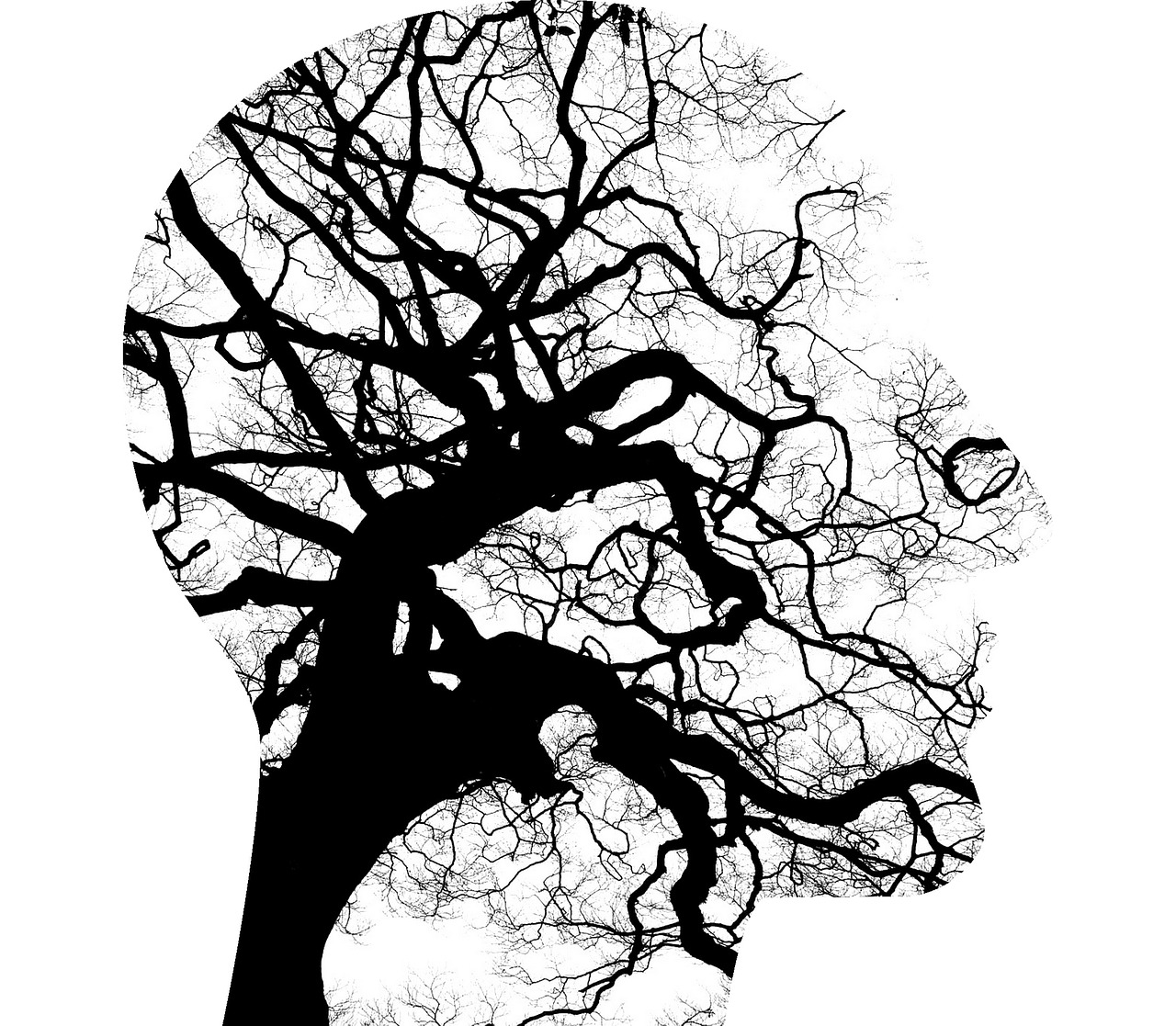Climate change is sad. It’s frightening. It’s demoralizing. Even knowing that countless solutions are available, with more emerging daily, can cause despair because of the petty pace at which we’re embracing them.
It’s bad enough that people are suffering ever-increasing impacts of climate disruption—from heat domes and wildfires to floods and droughts—but the toll on mental health has also reached crisis levels.
The recent Intergovernmental Panel on Climate Change report has, for the first time, assessed the mounting effects of climate disruption on mental health worldwide. Evidence shows that fast-paced climate events, as well as slower ones like sea level rise, ice melt and seasonal changes, contribute to increasing rates of stress, anxiety, depression, post-traumatic stress disorder, suicide, sadness, ecological grief, substance abuse, diminished social relations and domestic violence.
As with global heating itself, impacts are disproportionately harming the most vulnerable—people with limited wealth and resources, people living closer to the land, people already experiencing mental health challenges, and women, the elderly, youth and children. It also has profound effects on those working on climate issues, including scientists, writers and activists.
The obvious solution is to address the climate crisis with the resources and solutions it demands. Although many impacts are locked in because of emissions we’ve already pumped into the atmosphere, knowing people everywhere were taking it seriously and working to resolve it as quickly as possible would restore hope and confidence to many.
But even if we were to stop burning fossil fuels and start employing the many available solutions immediately, we wouldn’t suddenly be living in a happy, unpolluted world.
As we address the ongoing climate crisis, we must also deal with the growing mental health crisis it’s causing.
Three Canadian scientists who contributed to the IPCC’s Impacts, Adaptation and Vulnerability report argue that building and promoting resilience is important.
Ashlee Cunsolo from Memorial University of Newfoundland and Breanne Aylward and Sherilee Harper from the University of Alberta point to the American Psychological Association’s strategies to build personal resilience, “including building belief in one’s own resilience, fostering optimism, cultivating coping strategies, finding sources of personal meaning, finding social support networks (family, friends, organized groups), fostering and upholding a connection to place and maintaining connections to one’s culture.”
They also write about the need for “climate-specific training in education and for physicians, nurses, psychologists, psychiatrists, counsellors and allied health professionals.” And they argue that “health systems and health authorities must take measures to assess and enhance health system readiness to deal with growing mental health needs and increase disaster planning and training, to further support individual and community resilience to climate change.”
In our 2017 book Just Cool It! The Climate Crisis and What We Can Do, we devoted just one page to the effects of climate change on mental health, in part because there was little research on the topic. It’s good to see more study and resources going into the problem, but much more is needed.
Cunsolo, Aylward and Harper, who have expertise in climate and health, write that all levels of government must prioritize mental health in all policies. Incorporating individual and community mental health in climate change adaptation measures, and taking urgent measures to reduce greenhouse gas emissions, they say, would increase health and well-being overall, and mental health in particular.
We must also find ways to take care of ourselves and each other. Part of that is recognizing that if you or people around you are feeling anxious, sad or depressed, you aren’t alone. Connecting with others can provide purpose and comfort, whether it’s with family, friends, support groups, social or sports organizations or the climate and environmental movement.
Taking measures to reduce our impact can make us feel we’re part of the solution. Exercise can improve mental and physical health. And, as always, getting out into nature has numerous health benefits, from better physical fitness to reduced anxiety and depression and improved emotional states and adaptive behaviours.
Don’t be afraid to ask for help. If your workplace has an employee and family assistance program, use it. Check in with family and friends. Start a peer support group—David Suzuki Foundation staff have held monthly meetings since 2016. And learn about the various mental health resources in your community.
We’re all in this together. Take care.
David Suzuki is a scientist, broadcaster, author and co-founder of the David Suzuki Foundation. Written with contributions from David Suzuki Foundation Senior Writer and Editor Ian Hanington.
Learn more at davidsuzuki.org.



